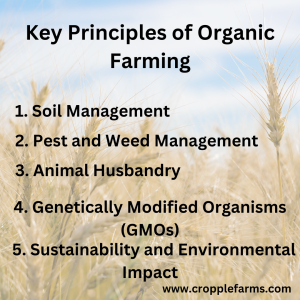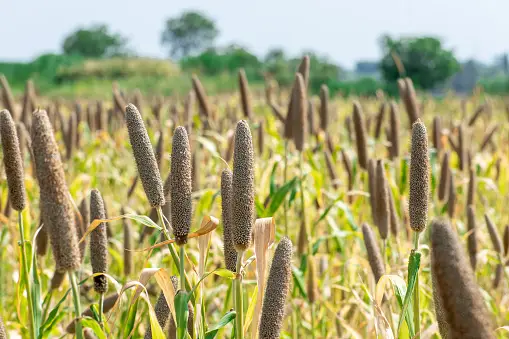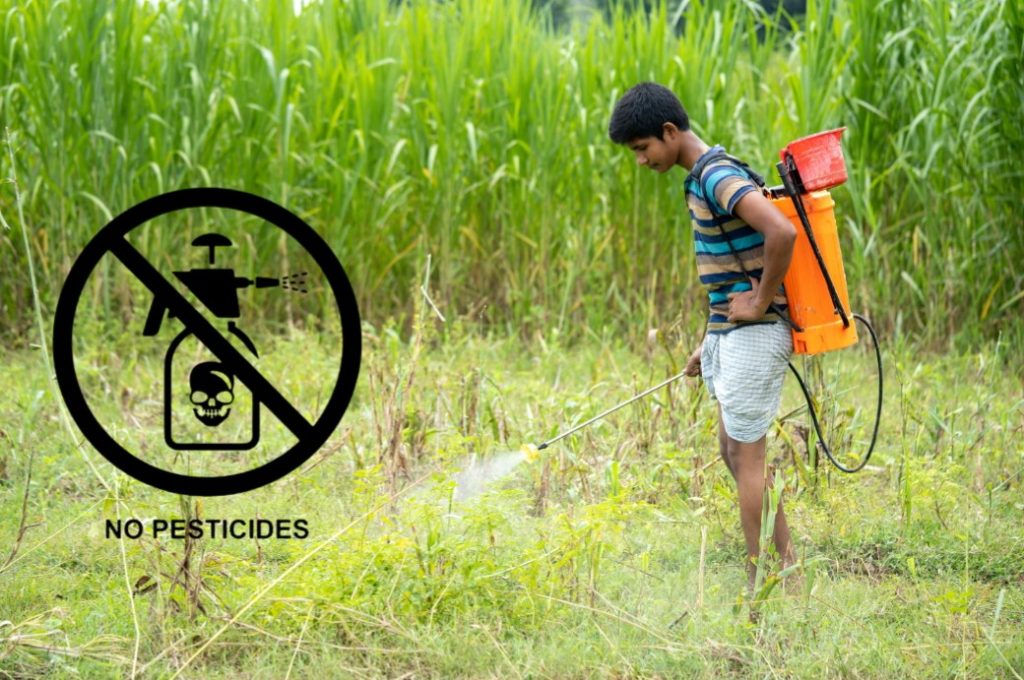Organic farming is an agricultural system that seeks to produce food while establishing an ecological balance to prevent soil fertility or pest problems. It relies on ecological processes, biodiversity, and cycles adapted to local conditions, rather than the use of synthetic inputs like chemical fertilizers and pesticides.
Key Principles of Organic Farming
1. Soil Management:
Compost and Manure: Organic farming emphasizes the use of compost and manure to enhance soil fertility. These organic materials help in maintaining the soil structure and nutrient content.
Crop Rotation: This practice involves growing different types of crops in the same area across different seasons or years to maintain soil fertility and reduce pest and disease problems.
Cover Crops: Growing cover crops like clover or rye during off-seasons can prevent soil erosion, enhance soil fertility, and suppress weeds.
2. Pest and Weed Management:
Biological Control: This involves using natural predators or parasites to control pests. For example, ladybugs are introduced to control aphid populations.
Mechanical and Manual Methods: Techniques such as tilling, hand weeding, and mulching are used to control weeds without synthetic herbicides.
Organic Pesticides: Natural pesticides derived from plants (e.g., neem oil, dashparni ark plant)

3. Animal Husbandry:
Organic Feed: Animals are fed organic feed and are not given synthetic hormones or antibiotics.
Free-range: Livestock must have access to the outdoors and are often free-range.
Preventive Healthcare: Emphasis is placed on preventive measures like good nutrition and clean housing to maintain animal health.
4. Genetically Modified Organisms (GMOs):
Exclusion of GMOs: Organic farming strictly avoids the use of genetically modified organisms in seeds, animal feed, and other farming inputs.
5. Sustainability and Environmental Impact:
Biodiversity: Organic farms often support a greater variety of plants and animals, which helps to maintain ecological balance.
Energy Efficiency: Organic farming tends to be more energy-efficient as it avoids energy-intensive synthetic inputs.
Reduced Pollution: By avoiding synthetic chemicals, organic farming reduces water and soil pollution.
6. Benefits of Organic Farming
Healthier Food: Organic produce often contains higher levels of nutrients and lower levels of pesticide residues.
Environmental Protection: Organic farming practices help preserve the environment by reducing pollution and conserving water and soil.
Biodiversity: Organic farms support more diverse ecosystems, including a variety of plants, animals, and microorganisms.
Animal Welfare: Animals are typically raised in more natural conditions with better access to the outdoors and organic feed.
Sustainability: Organic farming aims to be sustainable in the long term by maintaining soil fertility and ecological balance.
7. Challenges of Organic Farming
Lower Yields: Organic farms may produce lower yields compared to conventional farms, which can affect profitability.
Labor Intensive: Organic farming often requires more manual labor for tasks like weeding and pest control.
Market Access: Farmers may face difficulties accessing markets that value and are willing to pay a premium for organic produce.
Certification Costs: Obtaining organic certification can be costly and time-consuming for farmers.
8. Organic Certification
To market products as organic, farmers must adhere to specific standards set by certifying bodies. These standards vary by country but generally include guidelines on soil quality, animal raising practices, pest and weed control, and the use of additives. Regular inspections ensure compliance with these standards.
Conclusion
Organic farming is a holistic approach to agriculture that emphasizes sustainability, environmental stewardship, and the well-being of all living organisms involved in the farming process. It seeks to create a harmonious relationship between farming practices and the natural ecosystem, offering an alternative to conventional agricultural methods that rely heavily on synthetic inputs.



